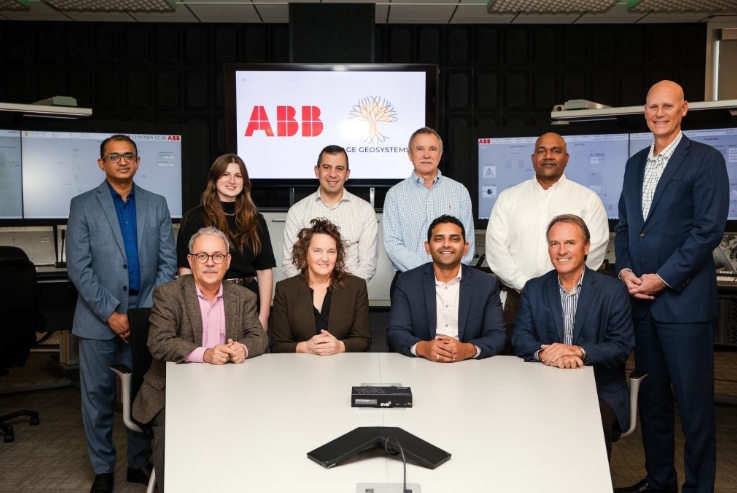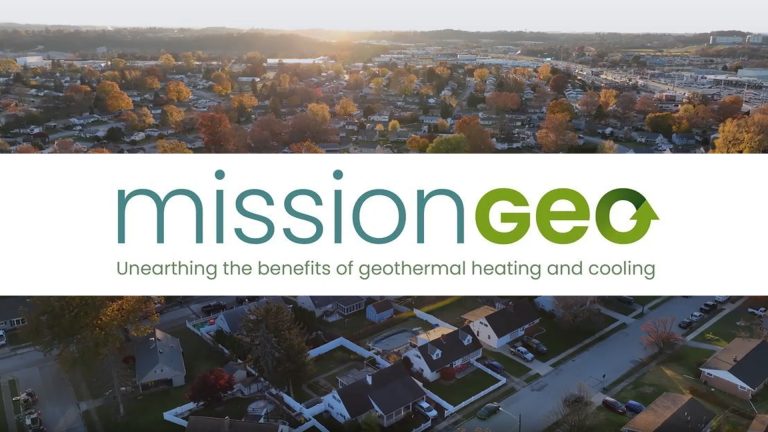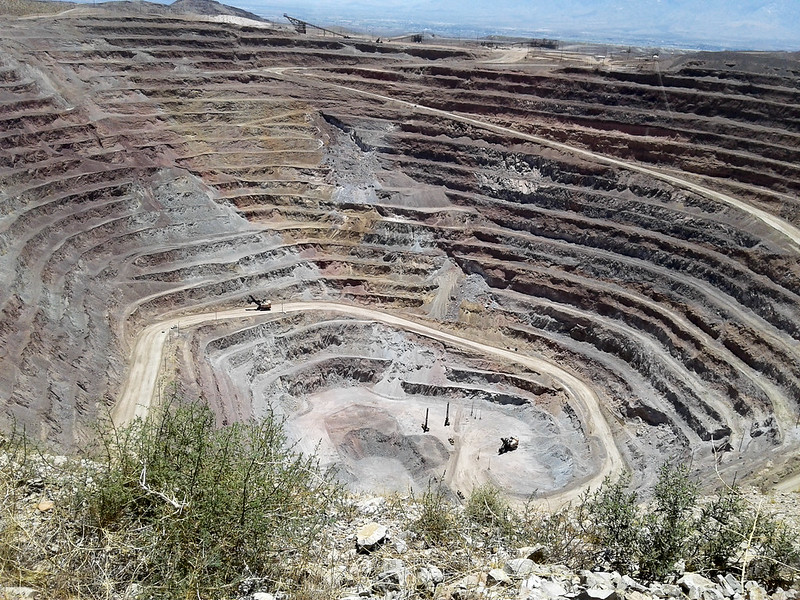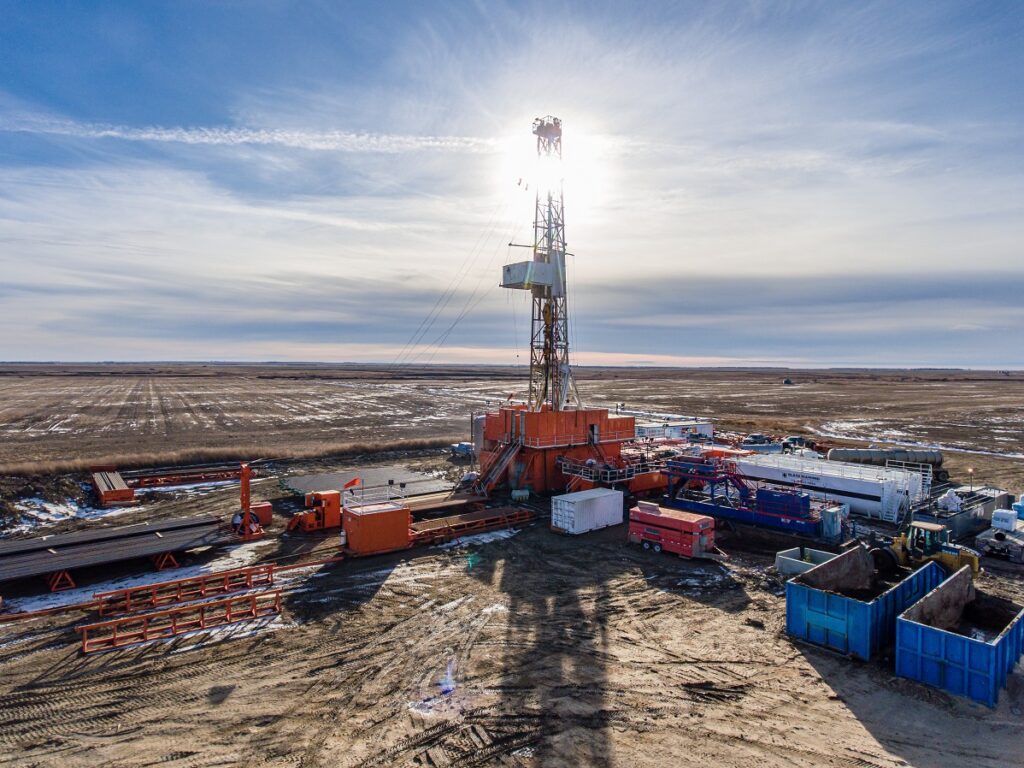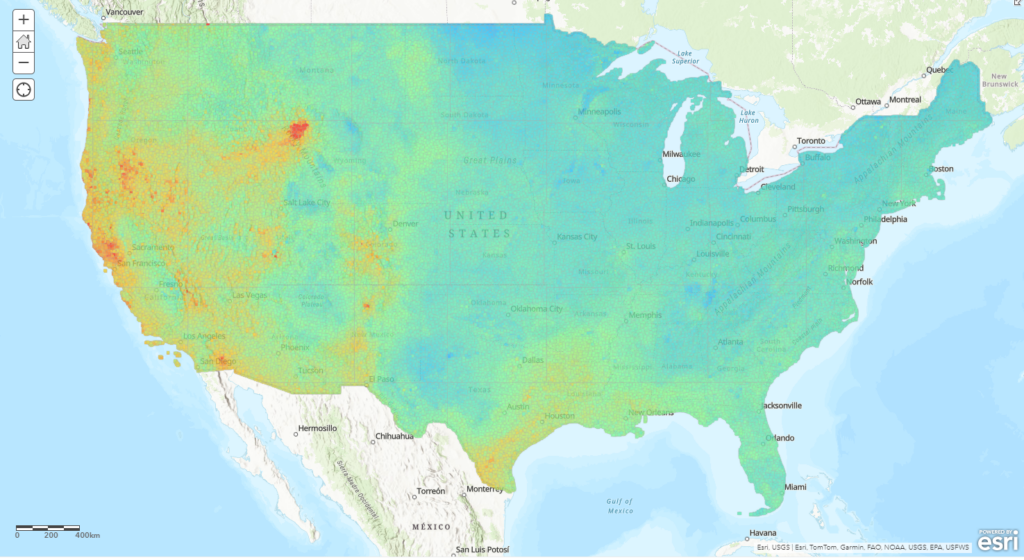
Kali Watson, chairman of the Hawaiian Homes Commission, presented the proposal to the Senate Ways and Means Committee at a briefing in Hilo, citing that the projects can provide new revenue streams to develop more housing for Native Hawaiians. Ways and Means Chairman Donovan Dela Cruz declined to comment on the request following the briefing.
Development plan
The proposal for $6 million funding was partly delivered by Mike Kaleikini, Hawaiian Homes Commissioner and Senior Director of Hawaii Affairs for Ormat Technologies Inc., the company that owns and operates the Puna Geothermal Power Plant. Kaleikini was also part of the group that evaluated and identified the high-potential sites for geothermal development in Hawaiian Home Lands.
According to Kaleikini, about $2 million of the funding will go towards hiring consultants, conducting technical surveys, and drilling of a water well. About $3.5 million will then be spent for the drilling of exploratory slim hole wells that will allow for better characterization of a geothermal resource.
The Puna geothermal power plant has proven to be a successful business venture, having operated since 1993 and now with plans of capacity expansion from 38 MW to 46 MW, with a long-term target of 60 MW. The experience in Puna suggests that a 50-MW facility can generate royalties and lease payments of $5 million to $7 million per year. The project will also create jobs for about 300 people for at least two years.
Addressing cultural issues and safety concerns
Both Watson and Kaleikini acknowledged that Hawaiian homes must address both the cultural issues and safety concerns of geothermal development for the project to be successful.
“We’re optimistic. We think it will work out, but we’re very sensitive to our beneficiaries, so we’re going to have outreach, we’re going to make sure that we have input. We’re hopeful that they’re supportive,” said Watson.
The expansion plans of Puna have been met with criticism by some of the locals, citing the adverse effects of hydrogen sulfide gas and noise from the power plant activities.
“There’s a health and safety issue that we need to address, and unless that is addressed appropriately, we’re not going to move forward,” Watson said about the proposal.
The revenue stream from the project and the potential positive impacts it can make towards the community will be an important part of social acceptance for the project. “Our beneficiaries, there’s just so much tremendous need, not only in housing. You look at all the different areas that need to be addressed, it takes money,” Watson further added.
“The key is the revenue stream. I’m not going to ignore that potential revenue stream because of certain objections. I’ll listen to it, I’ll address the specific concerns, but then from there, if we can do it in a way that’s appropriate, and it generates significant revenues, we’re definitely going to move forward,”
